Top Stories
Kali Yamboliev, a doctoral candidate studying medieval Mediterranean history, exemplifies the diversity and achievements of UCSB students. She sat down to talk with us about her upcoming year abroad as a Fulbright Fellow and how she learned to balance work and life in grad school.
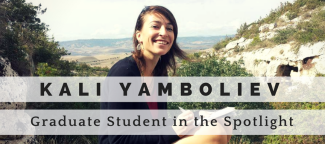
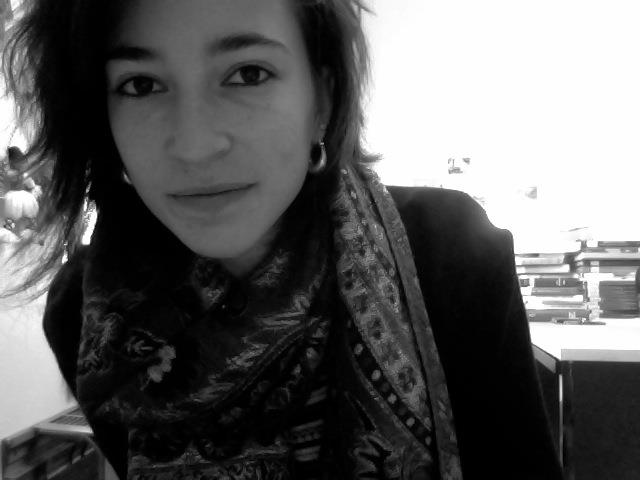 Kali Yamboliev, a doctoral candidate in her sixth year studying medieval Mediterranean history, exemplifies the diversity and achievements of students at UC Santa Barbara. Currently 27 years old, she came to UCSB after receiving her B.A. in History, with a minor in Italian, at the University of Nevada-Reno. She has now been awarded a Fulbright Fellowship for dissertation research and writing and will be spending nine months in Rome, Italy, over the coming academic year.
Kali Yamboliev, a doctoral candidate in her sixth year studying medieval Mediterranean history, exemplifies the diversity and achievements of students at UC Santa Barbara. Currently 27 years old, she came to UCSB after receiving her B.A. in History, with a minor in Italian, at the University of Nevada-Reno. She has now been awarded a Fulbright Fellowship for dissertation research and writing and will be spending nine months in Rome, Italy, over the coming academic year.
Kali and I sat down to talk about her upcoming year abroad, her research on community identity in medieval southern Italy and Sicily, how she learned to balance her social life in graduate school, and what she will be doing in Rome.
What do people find most interesting about your childhood?
Well, most people find it interesting to learn that I was born in Sofia, Bulgaria, and lived there until I was 4. My extended family still lives there, and I visit almost every year. When I was a kid, though, I wasn't always comfortable being from a foreign place and feeling that I was different. People would hear my name and always ask first where I was from and second whether I would speak Bulgarian for them. I think that made me start thinking about identity at a pretty early age. Things are different now, though. I'm older, and more comfortable with my cultural identity. Bulgaria is a really unique place because it has been a site of intercultural exchange - in terms of trade, travel, and conquest - for millennia. It's wonderful to feel that sense of age and history and to share it with others.
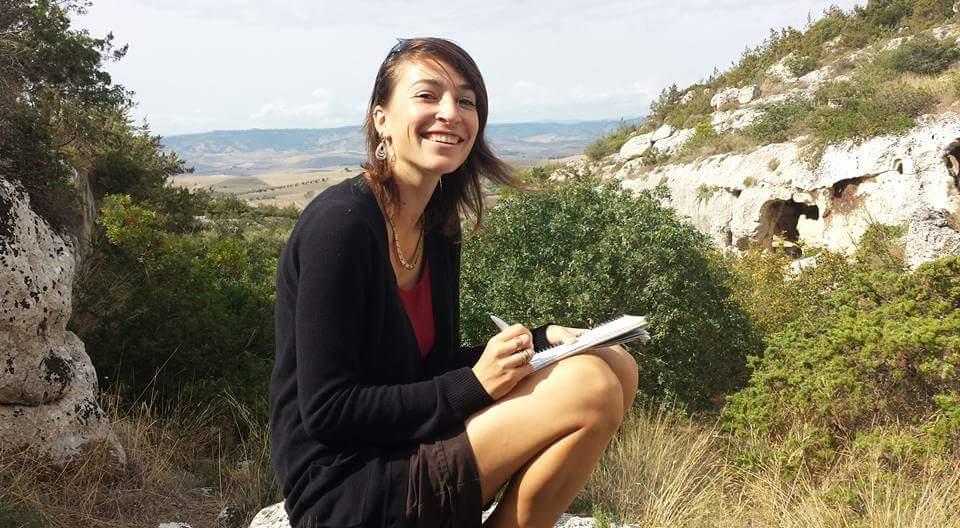
What would people be most surprised to know about you?
Before I came to graduate school at UCSB, I took a year off from school and was interested in learning primitive skills and wilderness survival. That was very different from the world of books I find myself in now. The good thing about studying medieval history is that I can combine both worlds. I'm curious about human society both now and historically, and I want to understand it intellectually. But I also know our ancestors navigated their environments in a very skilled and sophisticated way even without our modern technologies, and I am drawn to understand how they did so.
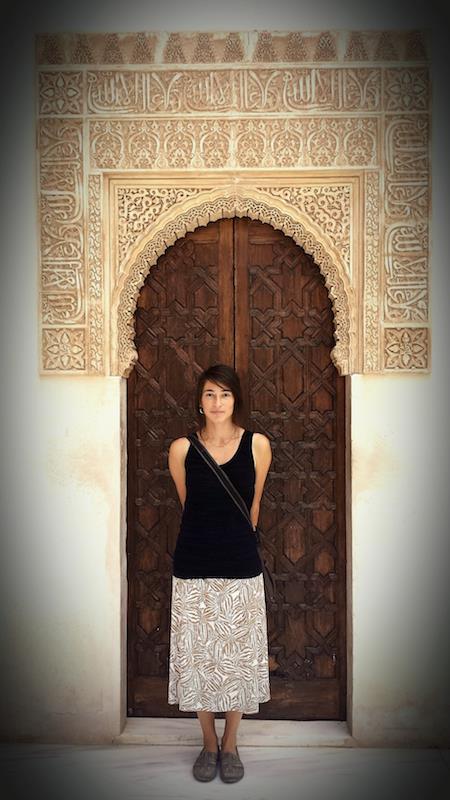 How would you best describe your research to someone who wasn't in your field?
How would you best describe your research to someone who wasn't in your field?
I look at the notion of "community identity" in southern Italy and Sicily in the period from 950 to 1150. These two hundred years witnessed a transition from what is traditionally seen as a highly fragmented ethnic, religious, and linguistic landscape - encompassing Greek, Latin, Arab Muslim, and Jewish elements - to one in which the invading Normans, a Latin-dominant group, homogenized the landscape. I'm curious âabout how the mixed communities existed during the earlier period of fragmentation, with emphasis on elements of social and cultural overlap as well as differentiation. I think understanding the process of identity preservation and change is important with the introduction of new political, economic, and social influences. These are pretty big questions with no easy answers, but I believe they continue to be relevant to a quickly changing world today.
What are you doing for your Fulbright research?
I'll be spending nine months in Rome from October to July, to both gather data and to work on writing my dissertation. Although I study the south of Italy, many of the manuscripts and documents I need are located in the archives and libraries of Rome, and in some of the monasteries surrounding the city. There are also important professors and faculty I'd like to meet and consult with. So overall, it's a chance to walk the streets of the world I study and to embody it in a new way.
What advice would you give to an incoming graduate student?
Find a balance. My first couple of years here, I was not very good at balancing my graduate work with my daily life. During some periods, I would work all day until 10 p.m., for weeks and months on end. Granted, there are times of your life when you need to do that. But it's not sustainable. Fortunately, I've been surrounded with supportive and understanding professors that encouraged me to set a time in the evening when I would aim to finish my work for the day. That creates an important separation between my work and private life, and I think this has contributed a lot to my overall health.
My other piece of advice would be to stay flexible on what you are willing to study. When I arrived at UCSB, I thought I knew what I wanted to research, but my interests have shifted so much since I've been here. I think it's important to be ready to accept that your interests will develop and be willing to adapt to those changes.
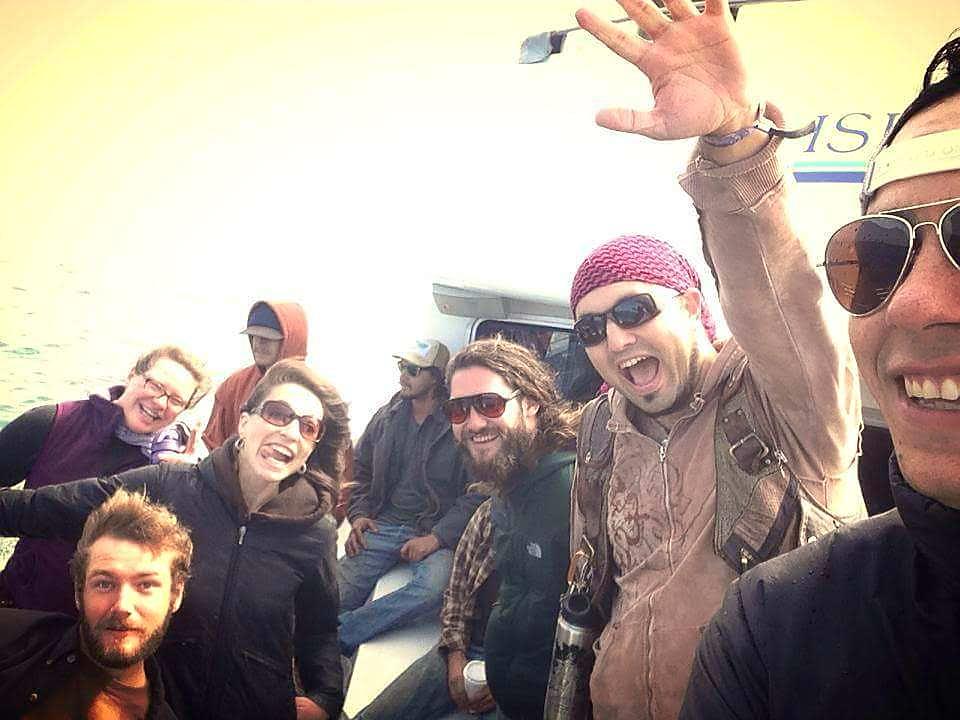
What is your favorite thing you do to relax?
I'm an outdoors person. I like to bike, hike, camp, go sailing, spend time on the Channel Islands, and to travel in almost any capacity. Going abroad is often a good way to shake up what one thinks about reality and society. But it takes a lot of time and resources. Going out on walks or on a short weekend hike every once in a while is a pretty easy activity that can easily help relieve the stresses of school.
I also organized a graduate student volleyball group a couple of years ago. We meet once a week and play around. It's not very professional but we have a great time playing and laughing.
What's in high rotation on your playlist these days?
I listen to a lot of world music, but also songs with good stories. For example, my folk station on Pandora is set to Elephant Revival. I like to listen to Middle Eastern rap, though I don't understand much of it despite the Arabic I've studied. My favorite artist is El General, from Tunisia. He's young but gained a lot of recognition during the Arab Spring when he wrote a fiery track to the Tunisian president, and he was arrested for it. It spread throughout the Middle East. From India, I like Niraj Chag. But that's just a small taste of my selection.
What is your most memorable academic experience in life?
This past year, I was on the UCSB Crossroads Grant and was given the opportunity to design my own course. The theme of the grant was religion and borderlands. My course was all about violence and religion in the Mediterranean, from the medieval period up through the modern day. It was extremely ambitious to cover that topic in ten weeks, but we looked at processes of identity construction and narratives of belonging as they pertain to religion and various types of violence, including not just physical but also cultural and structural. I had about 25 undergraduates. It was probably the most difficult and sensitive topic to do, and I got really inspired, sometimes fiery, feedback from the students. It wasn't an easy undertaking, but I would say that it was my most rewarding academic experience so far.
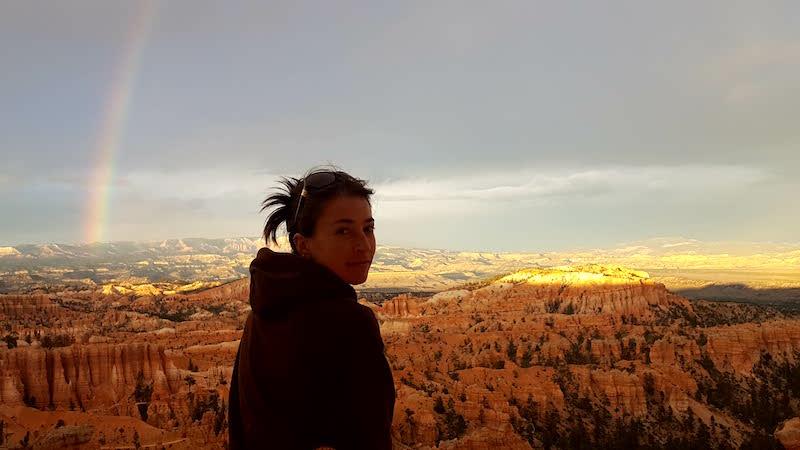
What do you hope to be doing 5 or 10 years out of graduate school?
I would like to teach. I think teaching is a really great offering, and I love having conversations about global events that take the historical view. I would like to do research at a high-level institution, but I also think it would be great to work at a small liberal arts college, or at a community college. I think it's all about finding students who are curious and open-minded and being able to offer new information or new ways of thinking about society. It's a great task.
I think it's also important to be able to think outside of academia, though. If I were to branch out, I would be interested in doing work with languages, whether translation or teaching, or something else. But I am also interested in being more active on-the-ground, doing refugee work in the Mediterranean, for instance. I hope to be able to do some of this type of work over the coming year.